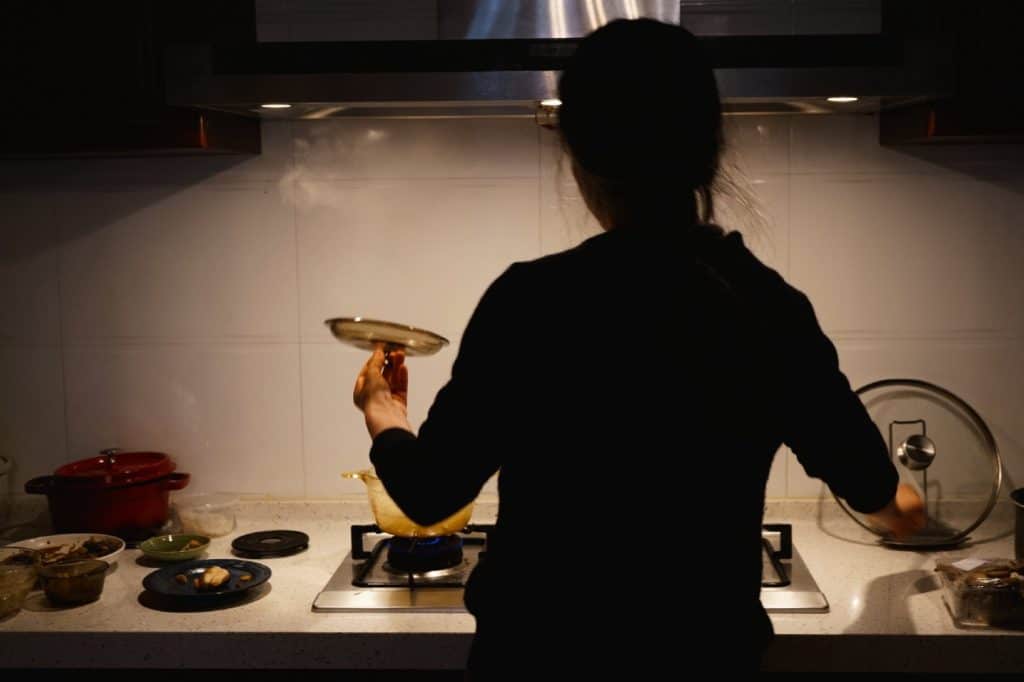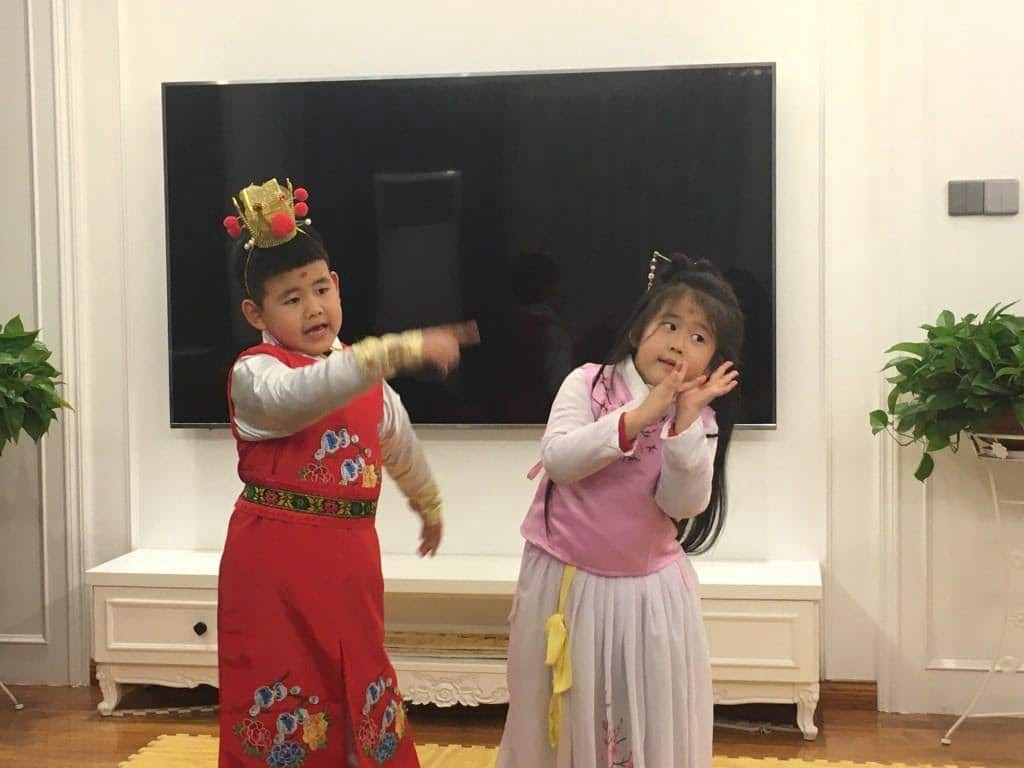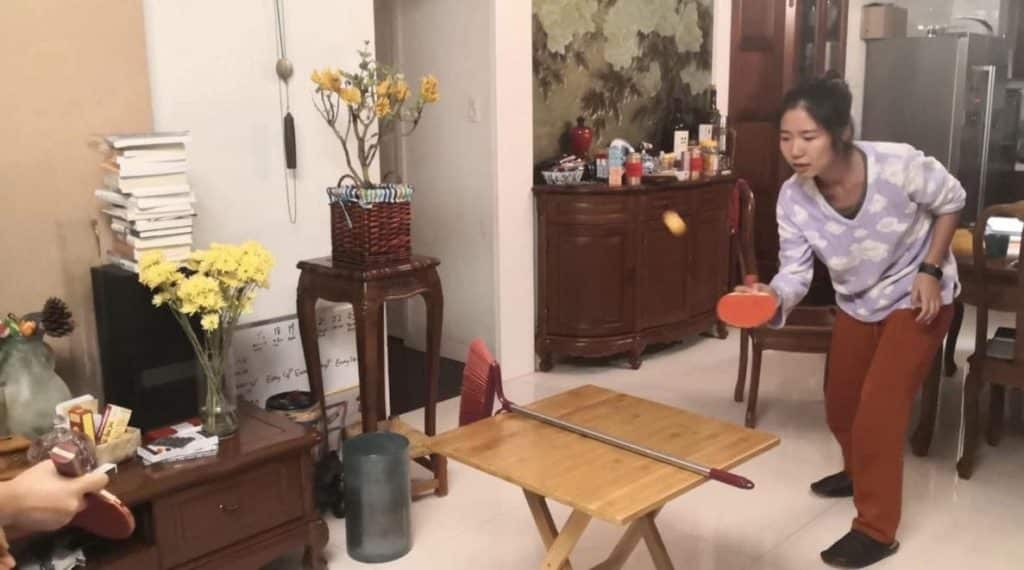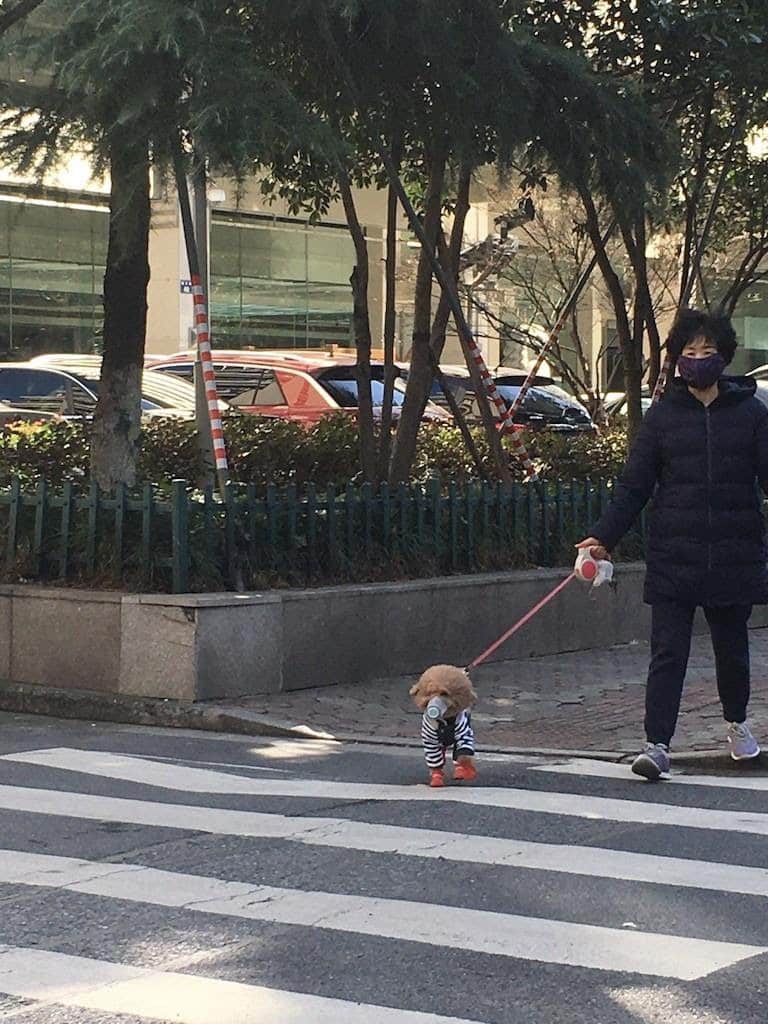By some mischievous calculation of the cosmos, I quit my job in the United States and moved back to China exactly one day before the coronavirus outbreak exploded all over the news. I felt deeply concerned about all those affected by the situation. But admittedly, I also looked at my new reality of being quarantined in my parents’ apartment indefinitely, and thought: “What a bummer.”
I’d left my job to embark on a quarter-life exploration. I had hoped to travel to and learn about different places, meet and embrace interesting people, and find some troubled waters that I’d want to tread. All of that had to be put on hold.
Now it has been eight weeks since increased quarantine measures began all around China, and it’s beginning to look like we will regain our footing soon. Across the country, stores, restaurants, and coffee shops are reopening and itching for crowds. For myself, personally, I look back on the past two months and see a silver lining. My time in isolation turned out to be a special opportunity in so many ways: It was filled with learning, reflection, and exploration.
It pains me to see that people all over the world are sinking into the same shadows my community has been struggling through. And so, I’d like to share some of the lessons I learned from my time in quarantine, with the hope that they might help you make your period of uncertainty as meaningful as possible.
Embrace the reality
I spent my first few days of self-quarantine planning my escape route, unable to accept that this was happening. When our lives are shaken, we often use denial as a coping mechanism to shield ourselves from a sudden psychological avalanche. While this is a normal response, moving through denial could open up new possibilities.
Once I accepted that staying home was my new reality, planning my days became easier, as my options were simplified. I knew my parents would be the only two people I’d be seeing every day, so I decided to focus on spending quality time with them, making up for my chronic absence since college. For my social life, I made a plan to connect with my friends through our tiny phone screens as best as we could. As for my career and life explorations, rather than networking with new acquaintances, I dedicated this time to learn new skills, think deeply, create, and germinate — things that needed to be done anyway.
I know that this might not work as easily for everyone, especially those whose livelihood depends on going out and interacting with people every day. However, even just as a mindset change, accepting what I couldn’t change and trying to operate within its confines gave me not only peace of mind but also a sense of agency. In the midst of this debilitating pandemic, I could create changes in my life, no matter how small they were.

Give yourself concrete tasks
During this time, we all wondered: When will it all be over? Will my loved ones stay healthy? What will the aftermath look like for our society? For me, there were also other confounding factors: I didn’t have a job, or a direction in life, and I didn’t know when I would next see my friends, most of whom were halfway across the world.
When things felt out of my control, I knew I had to give myself steady doses of groundedness. The most helpful strategy, for me, was to assign myself small, concrete tasks on a regular basis. For example, I decided to take one segment of an online course every day; bake something and practice my photography every week; and revive four pieces of unfinished writing every month.
Whenever I finished one of these projects, I felt a sense of achievement. Even though my body stayed put, my life was still moving forward. My dad tried a similar approach; his quarantine goal was to make fried dough every weekend morning and perfect his technique. Having a semblance of consistency gave us comfort, and made us feel in control.
Rethink “busyness”
I’d always lived with the fear that I wasn’t doing enough. As a result, I would stuff my schedule so full that I’d come home exhausted, wishing I had done less. When my self-quarantine began, I thought, why not use this period as an opportunity to rethink and restructure the way I use my time?
This can be an opportunity for you to examine what you don’t need in your life, too. Maybe during quarantine, you find that it feels good to not have to battle after-work traffic to get to that book club you always felt apathetic about, and instead use that time to write or meditate or connect with your family. In the end, you might decide to make some permanent changes to your life that are informed by what an ideal day looks like for you, and not for anyone else.
Beware of information overload
When the outbreak first started, I held onto my phone for dear life. It was my only window to the outside world, after all. I checked the news and social media incessantly, reading every scientific article, expert opinion, and expose of wrongdoings, so as to keep up to date. But, for the most part, doing so did nothing but make me feel anxious and unfocused.
When you already have a good understanding of a situation, the marginal value of an additional piece of news decreases. Listening to two podcasts talking about the exact same thing might blow your perceived helplessness out of proportion. Spotting fake news among a mass influx of information can also be exhausting. The best advice I have seen and tried is to limit your time spent reading, watching, and listening to the news. Try to choose a couple of trusted news sources and set certain periods of time to check them.
Accept your emotions and ask for help when you need it
Even though your days might begin to look eerily similar to one another, your emotions may be vastly different from one day to the next. For an overview of how social distancing can affect your behavioral health, check out this guide from the Substance Abuse and Mental Health Services Administration (SAMHSA). It describes many of the feelings you might have during and after social distancing, including anxiety, loneliness, anger, and boredom, and offers tips and resources to help. This pandemic might also bring up other complicated emotions, such as survivors’ guilt for your good health, numbness from overexposure to bad news, or even shame — you might think that the relative lack of severity in your circumstances disqualifies you from feeling the way you feel. I want you to know that it is normal to have any of these emotions, and I guarantee that there are tons of other people — myself included — going through similar waves.
As cliché as it sounds, you are not alone in this. When people say they are there for you, they are not just being polite. When you let someone help you, you are fulfilling their need for social connection as well as your own. When I was adjusting to quarantine life, I actually looked forward to the times when my girlfriends would talk to me about their problems. Sensing them beginning to feel better after a conversation always made me happy — and, selfishly or not, it made me feel useful.
Join a collective cause
From the onset of the outbreak, my high school’s alumni association had been actively sourcing medical supplies from around the world to support hospitals and health care personnel. I jumped on board as soon as I heard about it, not knowing that this group of volunteers would become my sanity check in the days to come. When I was overwhelmed by frustration, it was hard to stay that way thanks to the positive energy and sense of responsibility this group emitted. We all formed a bond through working toward an urgent goal.
If you can, identify something you might be able to contribute toward — translating information, organizing a fake-news-debunking spreadsheet, supporting frontline medical personnel— and find a group of passionate pals to make it happen.
Be creative about having fun
Life is now full of limitations, but sometimes, limitation is exactly what spurs creativity — and fun. Check out this video showcasing the many ways people in China battled boredom at home (you’ve got to see the portraits made of cracker snacks), or this video of Italian neighbors singing out of their windows together, or this one of a fitness coach teaching a class from a rooftop while people in joined from their balconies. The ability to find fun during trying times is magical. Here are some snapshots of the small moments of joy that happened in our family.



Record things
This is a rare, historic time we’re in, so keep a record of it. Photograph, film, and write. Witness, think, and document. These records can one day become the building blocks of our collective memory of this period of time. Good or bad, funny or sad, normal or peculiar — they serve as evidence of what has happened to us and what we made happen. They capture our inner and outer lives.
Here’s one of my snapshots of a dog wearing a mask:

Use this opportunity to learn about the world
There is no better time to learn about societies than during a great challenge. Since late January, I’ve seen things that are both despicable and awe-inspiring. I’ve been indignant and touched to tears. I’ve gained insights about the land in which I was born and raised but somewhat estranged, and hence have thought more about how it shaped who I am.
The situation has stirred up questions in me: As a society, how can we better prepare for crises so that the vulnerable will be less affected? Is it ethical to limit personal liberty for the societal good? And is it ethical to preserve personal liberty at the expense of the societal good? How can we help the children whose parents are both diagnosed or hospitalized? When we are put under circumstances that we have never been in before, new insights might surface and surprise us.
Think about privilege
Disasters like a pandemic always disproportionately affect people based on socioeconomic background and resources. As we have all learned from the news, if you’re young, healthy, educated, comfortable, well-insured — or have any combination of those privileges — the chance that the coronavirus will dismantle your life is significantly lowered.
Recognizing your privilege doesn’t mean feeling lucky and relieved about the situation, and then doing nothing. While mass social distancing might feel like a mere annoyance to some, it could become a matter of life and death to others, as the dominoes fall. Please protect yourself, even just for the sake of others. Assume the premise that we have a collective responsibility to other members of the society. If you have the capacity, while practicing good self-care, think about what more you can do to make this period easier for others.
I hope some of these reflections have offered you some perspective on social distancing. As with all other difficult circumstances, the way to get through it is to reframe it as an opportunity.
(Note: This blog is published with permission from Siyi Chu. More about Siyi – click here. )

